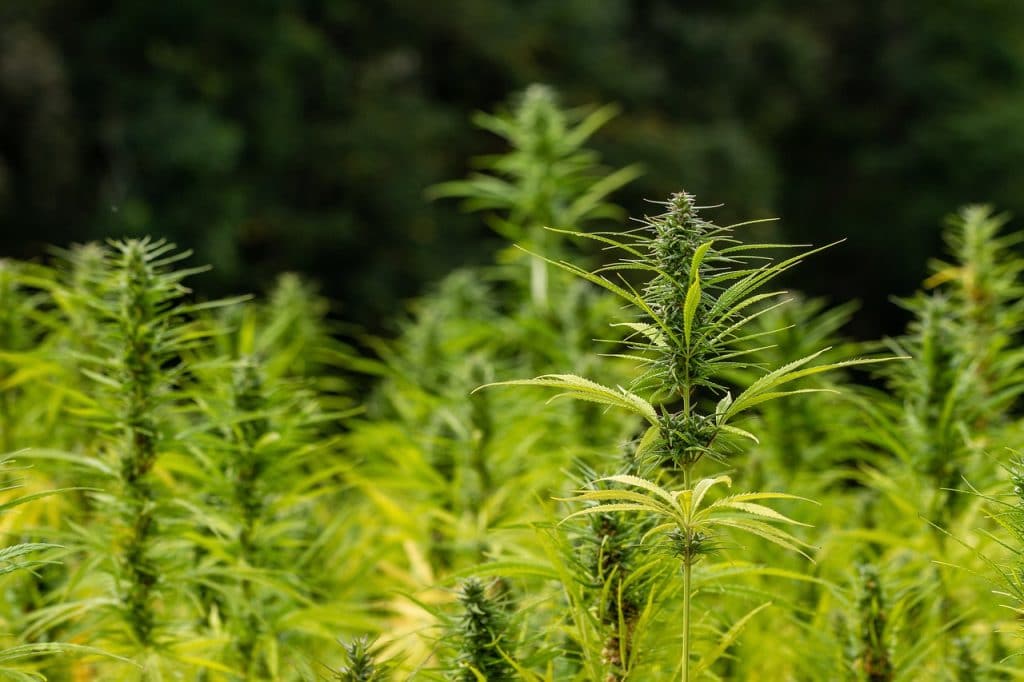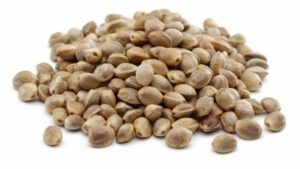
Executive Director
Canadian Seed Institute
Canada recently marked a year since the legalization of recreational cannabis. We get a lot of questions these days concerning importation of hemp seed. Is hemp the same as cannabis? Do the same rules apply to both crops? What are the rules, exactly?
Industrial hemp and cannabis — while they are technically the same plant species — differ due to their intended uses and their THC content. THC is, of course, the naturally-occurring substance contained in cannabis that has a psychoactive effect when consumed for medical or recreational purposes.
The Cannabis Act and its regulations provide a legal framework for the possession, production, distribution and sale of cannabis in Canada. Cannabis with greater than 0.3% THC is known as cannabis. Cannabis with less than 0.3% THC is referred to as industrial hemp.
The Industrial Hemp Regulations (under the Cannabis Act) set out the regulatory framework for controlling and authorizing certain activities with industrial hemp. Under this framework, a person is required to obtain a licence issued by Health Canada in order to conduct various activities with industrial hemp.
An industrial hemp licence is required to cultivate, sell, import, export, clean, condition and process hemp.
Now that the cannabidiol (CBD) craze is in full swing, we are getting more questions about how to import industrial hemp seed.
There are a number of things you need to know. To import hemp seed, a person or company needs:
- An industrial hemp licence from Health Canada that includes importation
- An import permit for each shipment imported
Seed must be of pedigreed status and of an approved cultivar, or in the case of a plant breeder, seed must be of a variety of industrial hemp that is set out in the breeder’s industrial hemp licence.
The importer must also disclose a number of details about the imported material within 20 days of import. The list is extensive and includes:
- The importer’s name, the number of the licence that authorizes the importation and the import permit number issued in respect of the shipment;
- The date of release of the shipment;
- The quantity, in kilograms, of each form imported, and — if the shipment consists of seed — documents establishing that fact the seed is of pedigreed status that is of an approved cultivar, and;
- In the case of a plant breeder, the seed is of a variety of industrial hemp set out in their licence or the germplasm is the one whose name or number is set out in their licence.
- In the case of a plant breeder, the seed is of a variety of industrial hemp set out in their licence or the germplasm is the one whose name or number is set out in their licence.
There are numerous requirements and they must be followed stringently to avoid complications. A number of resources are available online including the Industrial Hemp Licensing Application Guide which is easily accessible via Google.
As more businesses seek to enter the hemp market, it’s crucial to be up-to-date on import requirements. Contact me at rvanwyk@csi-ics.com or Jennifer Scott at jscott@csi-ics.com to discuss!













